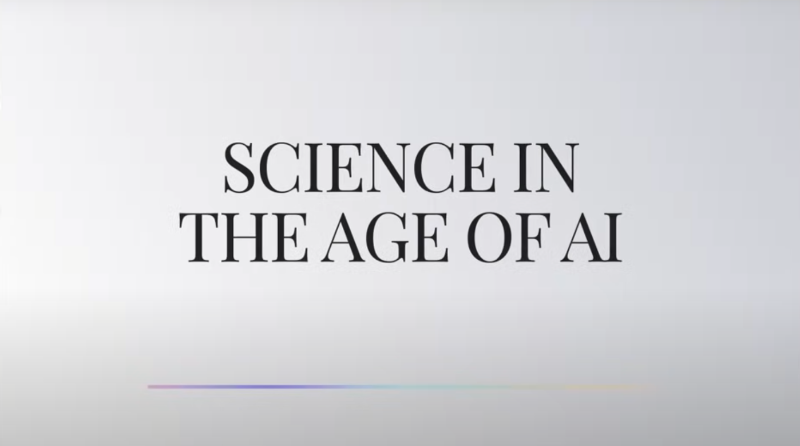by Jane Kelly, University of Virginia
Credit: Petr Kratochvil/public domain
In the first finding of its kind, University of Virginia researchers have discovered that empathy is passed from one generation to the next. And it all starts with moms.
"What we found was that mothers' empathy for their teens at age 13 predicted that teen's empathy for their friends across the adolescent years," lead author Jessica Stern, a developmental psychologist, said. "Then, that ability to show empathy toward your friends when you're a teenager predicts that you'll be a more supportive parent much later on in adulthood."
Stern said empathy is "really important for all sorts of social relationships."
"It involves an emotional part, which is the ability to resonate with what another person is experiencing," she continued. "It also involves a cognitive part—so, understanding how somebody feels."
It's the latest conclusion from a multi-year longitudinal psychology study that has followed the development of a large group of people from childhood to adulthood.
Stern said she and her colleagues followed 184 diverse teens from age 13 into their mid-30s. They filmed each teen and their mother discussing a problem the teen needed help with. The researchers noted how much empathy the mothers exhibited to their children.
"Then every year from age 13 to 19, the teens did that same type of discussion task with their closest friend and we could observe how much teens were showing empathy when their best friend was having a problem," Stern explained.
Years later, the teens who went on to have children of their own relayed their parenting behavior to the researchers as well as their own children's empathy when those children were between 3 and 8 years old.
"The things we are looking for regarding empathy—and this is both in moms and then in their teens when they're talking to their friends—were things like emotional engagement—so leaning forward in the conversation, nodding, showing interest in what the person is saying," Stern said. They also noted demonstrations of emotional support, like validating a person's feelings.
"I think probably the most novel piece of this study is linking anything having to do with friendships from adolescence to later parenting behavior," Stern said. "That hasn't been done before."
What if a parent does not see empathy in their teen? "I really believe that empathy is a teachable skill," Stern said. "One of the components of that is trying to help teens reflect on their own emotions and other people's emotions."
If, for example, a parent sees their teen is indifferent to a friend who's struggling, they can ask how the friend is doing and offer prompts like, "I would be really sad if I were struggling. I wonder if they need some help."
"And then help the teen brainstorm what might be most helpful," Stern offered. "It could be that they don't really know how to provide support in that particular instance, and they just need a little bit of guidance.
"A parent can say 'Hey, it would be really nice if you checked in on Anthony, gave him a call or text to see how he's doing. I'm sure he'd appreciate that.'"
The new study, titled "Empathy Across Three Generations: From Maternal and Peer Support in Adolescence to Adult Parenting and Child Outcomes," will be published in the journal Child Development.
More information: Study details: news.virginia.edu/content/mapping-teenage-brain
Journal information: Child Development
Provided by University of Virginia







Post comments